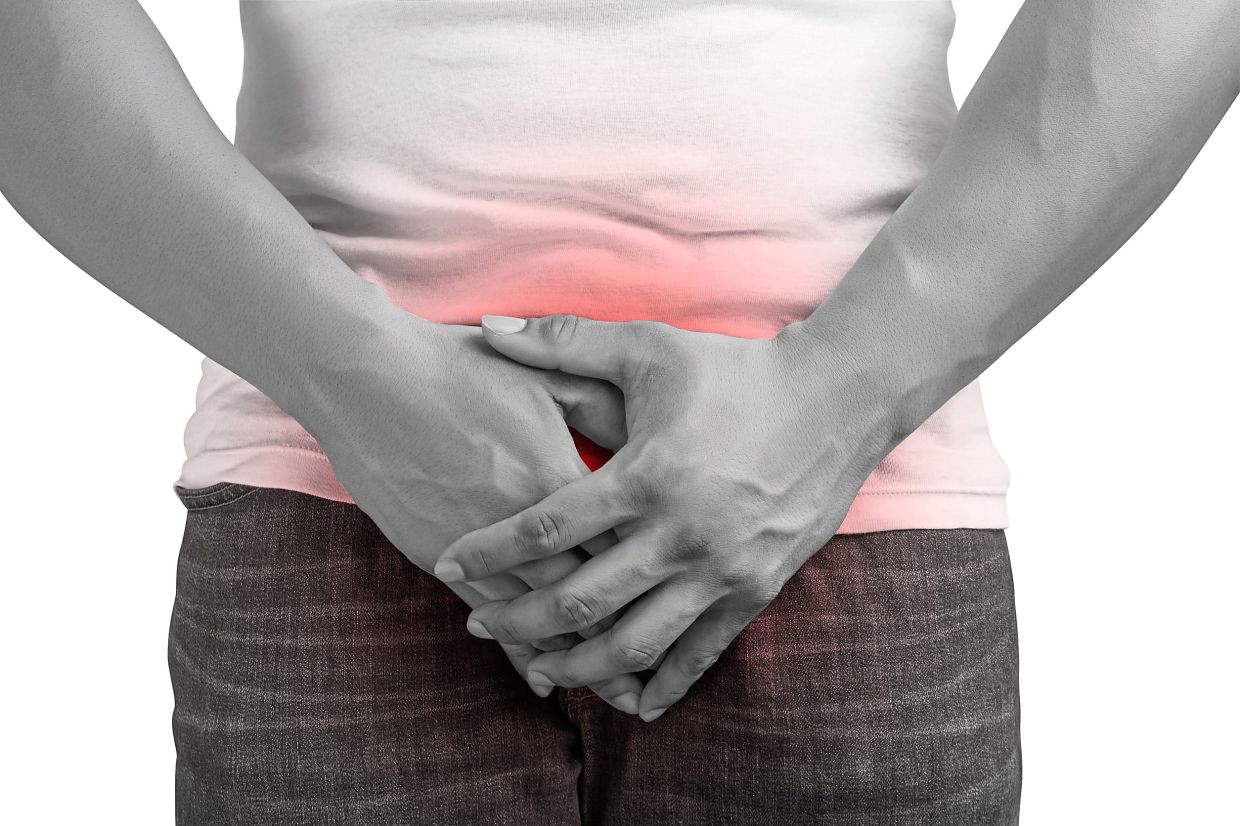Groin Pain in Male
OVERVIEW | CAUSES | Care and Treatment | Home remedies | when to call a doctor | REFERENCES

OVERVIEW
The groin area is the area where the upper thigh meets the lower abdomen. Pain in the groin area arises from conditions affecting a variety of organs, including musculoskeletal pain or pain related to the male reproductive organs. Groin pain can be acute (sudden in onset), or the pain can persist over time (chronic), depending on the specific cause. As with any pain, the characteristics of groin pain -- its precise location, timing, duration, etc. -- are important to determine the cause. Groin pain can arise due to trauma or injury, tumors, infections, hernias, or other conditions. Pain in the groin can also originate in areas other than the groin, such as the leg. This is known as radiating or referred pain. For example, injury to the muscles or tendons in the leg can cause radiating pain to the groin area.
CAUSES
The most common cause of groin pain is a muscle, tendon or ligament strain, particularly in athletes who play sports such as hockey, soccer and football. Groin pain might occur immediately after an injury, or pain might come on gradually over a period of weeks or even months. Groin pain might be worsened by continued use of the injured area.
Less commonly, a bone injury or fracture, a hernia, or even kidney stones might cause groin pain. Although testicle pain and groin pain are different, a testicle condition can sometimes cause pain that spreads to the groin area.
Direct and indirect causes of groin pain can include:
- Avascular necrosis (death of bone tissue due to limited blood flow)
- Avulsion fracture (ligament or tendon pulled from the bone)
- Bursitis (joint inflammation)
- Epididymitis (testicle inflammation)
- Hydrocele (fluid buildup that causes swelling of the scrotum)
- Inguinal hernia ( occurs when tissue, such as part of the intestine, protrudes through a weak spot in the abdominal muscles. The resulting bulge can be painful, especially when you cough, bend over or lift a heavy object.)
- Kidney stones (small, hard deposits that form in the kidneys and is often painful when passed.)
- Muscle strain
- Orchitis (inflamed testicle)
- Osteoarthritis (disease causing the breakdown of joints)
- Pinched nerve ( occurs when there is "compression" (pressure) on a nerve.)
- Piriformis syndrome (A disorder in which the piriformis muscle in the buttocks irritates the sciatic nerve.)
- Retractile testicle (testicle that moves between the scrotum and abdomen)
- Sciatica (Pain radiating along the sciatic nerve, which runs down one or both legs from the lower back.)
- Scrotal masses (abnormalities in the bag of skin hanging behind the penis (scrotum).)
- Spermatocele (fluid buildup in the testicle)
- Sprains
- Stress fractures ( tiny cracks in a bone — most commonly, in the weight-bearing bones of the lower leg and foot.)
- Swollen lymph nodes
- Tendinitis ( inflammation or irritation of a tendon — the thick fibrous cords that attach muscle to bone. )
- Testicular cancer
- Testicular torsion (twisted testicle)
- Urinary tract infection (UTI)
- Varicocele (enlarged veins in the scrotum)
Care and Treatment
If a broken bone or fracture is the cause of your groin pain, surgery may be required to repair the bone. You may also need surgery if an inguinal hernia is the underlying cause of your symptoms
If home care methods do not work for your strain injury, your doctor might prescribe medications that reduce inflammation to help relieve your symptoms. If this does not work and you have recurring strain injuries, they might advise you to go to physical therapy.
Home Remedies
If your groin pain is caused by a strain or sprain, these self-care measures might help:
- Take an over-the-counter pain reliever such as ibuprofen or acetaminophen.
- Place an ice pack or bag of frozen peas, wrapped in a protective layer such as a towel, on the sore area for 20 to 30 minutes two to four times a day.
- Temporarily stop participation in athletic activities. Rest is essential to heal any strains or sprains to your groin.
When to call a doctor
Talk to your doctor about your symptoms if you have moderate to severe pain in your groin or testicles for more than a few days.
Contact your doctor immediately if you:
- Notice physical changes in the testicles, such as lumps or swelling
- Notice blood in your urine
- experience pain that spreads to your lower back, chest, or abdomen
- develop a fever or feel nauseous
If you have any of these symptoms with your groin pain, seek emergency medical care.
These symptoms could be signs of a more serious condition, such as a testicular infection, testicular torsion (twisted testicle), or testicular cancer. You should also seek emergency medical care if you have severe testicular pain that occurs suddenly.






































































































